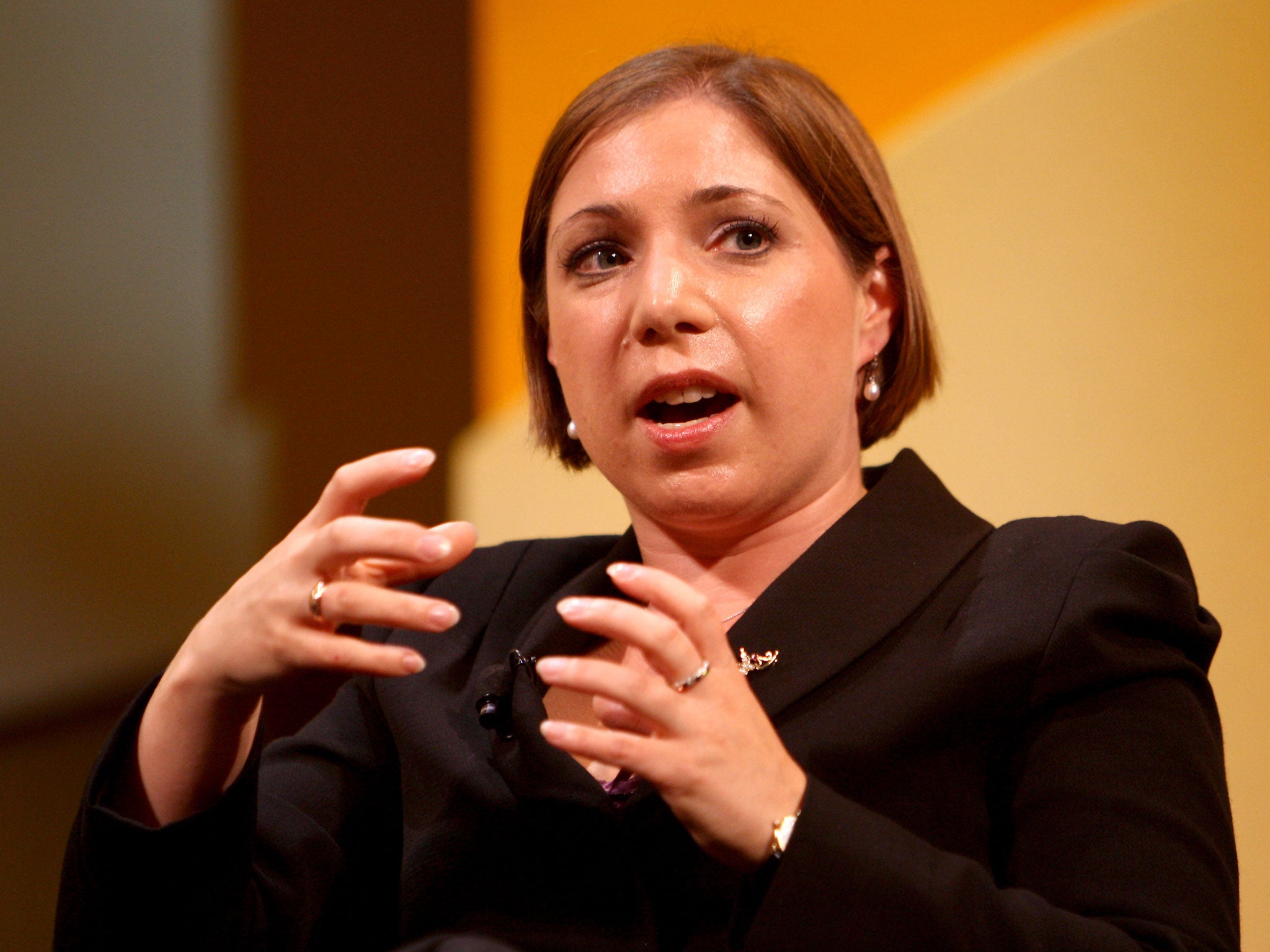So did Sarah Teather need to be a parent to be families' minister?
Tim Loughton's attack says more about his own character than anything else

Your support helps us to tell the story
From reproductive rights to climate change to Big Tech, The Independent is on the ground when the story is developing. Whether it's investigating the financials of Elon Musk's pro-Trump PAC or producing our latest documentary, 'The A Word', which shines a light on the American women fighting for reproductive rights, we know how important it is to parse out the facts from the messaging.
At such a critical moment in US history, we need reporters on the ground. Your donation allows us to keep sending journalists to speak to both sides of the story.
The Independent is trusted by Americans across the entire political spectrum. And unlike many other quality news outlets, we choose not to lock Americans out of our reporting and analysis with paywalls. We believe quality journalism should be available to everyone, paid for by those who can afford it.
Your support makes all the difference.It’s been a while since I’ve sympathised with Sarah Teather – since February, to be exact, when she suddenly rediscovered some deeply held religious beliefs and reversed her indication that she was in favour of equal marriage – so top marks to Tory MP Tim Loughton for remarks so vicious that they’d bring out the empathy in anyone.
Mr Loughton, who was once described by an anonymous colleague as a “lazy, incompetent narcissist obsessed only with self-promotion”, has very unlazily found a new front on which to attack Ms Teather: the fact she has neglected to bear children.
Speaking at a Conservative Renewal conference, he expressed “disappointment” in his former colleague’s lack of sprogs: “… she doesn’t really believe in family,” he said. “She certainly didn’t produce one of her own.” Yeouch! He brought it up because he thinks that it made her role as a minister in charge of family policy “difficult”.
Mr Loughton has form, of course. When he was sacked from the Department for Education a year ago, he compared his former boss Michael Gove to the snooty Mr Grace from Are You Being Served?, and called his department “anachronistic”, “bureaucratic” and “formal”. Are there any colleagues who Mr Loughton doesn’t think are beneath him? One dreads to think what his own three children must be learning about tolerance, dignity and respect.
As a woman in her late thirties, Ms Teather is probably used to her womb being public property. She will have been asked, numerous times, if and when she is planning on squeezing out a few babies… and if not, why not? She’ll have read last week’s “news” about “leaving it too late to have a baby” and wondered whether she really ought to pop one out now, just in case she finds herself wanting it in 10 years’ time. Perhaps she could keep it in a drawer until then.
I completely believe parents when they say that having children opens up a whole new realm of experience that can’t be understood by the child-free. They also say that the parent-child bond creates a powerful instinct to protect and promote one’s own children at the expense of everyone else’s in the world – hardly the instinct that we look for in a person responsible for family policy.
Incidentally, Mr Loughton also voted against equal marriage in February, saying that marriage “cannot be anything other than between a man and a woman…” What some politicians really mean when they spout the old clichés about supporting “hard-working families” is “looking out for people exactly like me”.
Is that really what we want from someone we elect to represent us all?
The latest hot literary topic
While American novelists are weeping with gratitude at finally being allowed into the Man Booker Prize, those in Australia are celebrating a different revolution: a raunch rating system for mucky books. Simon & Schuster Australia already has a chilli rating, much like an Indian takeaway menu, with one for “cosy” and five for “sizzling”. Now Penguin Australia is rating its titles on a heat-o-meter from “sweet” through “spicy” to “hot”. It helps people to choose which books to buy, said a spokeswoman. And also to explain the expression of that person reading opposite you on the Tube.
Join our commenting forum
Join thought-provoking conversations, follow other Independent readers and see their replies
Comments